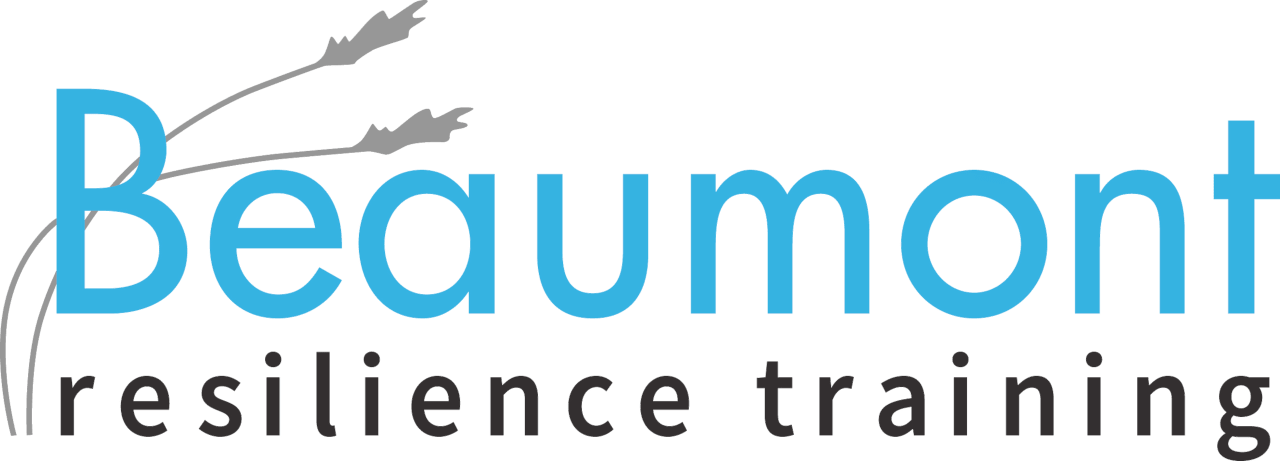

What do you mean by a high-performing team?
A high-performance team is a collection of highly talented individuals that collaborate across functional lines to achieve a shared business goal. The team is dedicated to and aligned with shared values and vision, and they work for a single goal. This highly successful team is renowned for providing consistent and exceptional outcomes while being imaginative in problem-solving and demonstrating a high degree of communication and teamwork.
How do you create a high-performing team?
Below are a few crucial aspects to concentrate on while developing high-performing teams.
1. Make communication a priority:
This is one of the most important things to look for in a high-performing team, yet it’s one that’s often overlooked. When it comes to team production, fulfilling objectives, and engagement, failing to support efficient communication may be an expensive error.
Managers should focus on team communication to ensure increased motivation, productivity, and profitability while developing a high-performing team.
2. Build a cohesive and value-aligned team dynamic:
It is important to form a team where each member has a sense of belonging and can freely engage. This occurs when they share the ideals of the team leader and work together to attain a common objective. When team members believe they can win together, they do more. Shared values, high levels of engagement, and a sense of trust among team members are all factors that contribute to increased productivity.
3. Create SMART goals:
Setting clear objectives from the start is one of the greatest strategies to ensure a high-performing team. This will guarantee that everyone on the team understands what they’re working on and how it contributes to the company’s overall success.
4. Deal with conflict:
Even the most high-performing team in the world may have disagreements from time to time. While small disagreements can be beneficial in some circumstances, the best approach is to anticipate and be prepared for them. Then, as soon as a problem emerges, take immediate action to resolve it. Failing to deal with conflict will eventually undermine the team.
5. The importance of learning is emphasized:
To establish a high-performance team, cultivating a culture of continuous learning is critical to navigating difficulties such as skill shortages and various digital transitions. Technology, particularly developing technology, is always evolving.
As a result, businesses emphasize the value of their employee’s capacity to learn quickly and continually improve their skills.
Final thoughts:
A written team charter can aid in the clarification of expectations. Remember to get input from the team when putting it together. This will make them feel powerful and capable of contributing, as well as ensuring that they are on board.
Make a commitment to individual and team improvements, encouraging people to move out of their comfort zone through resilience training and your team (and their results) will benefit enormously.

